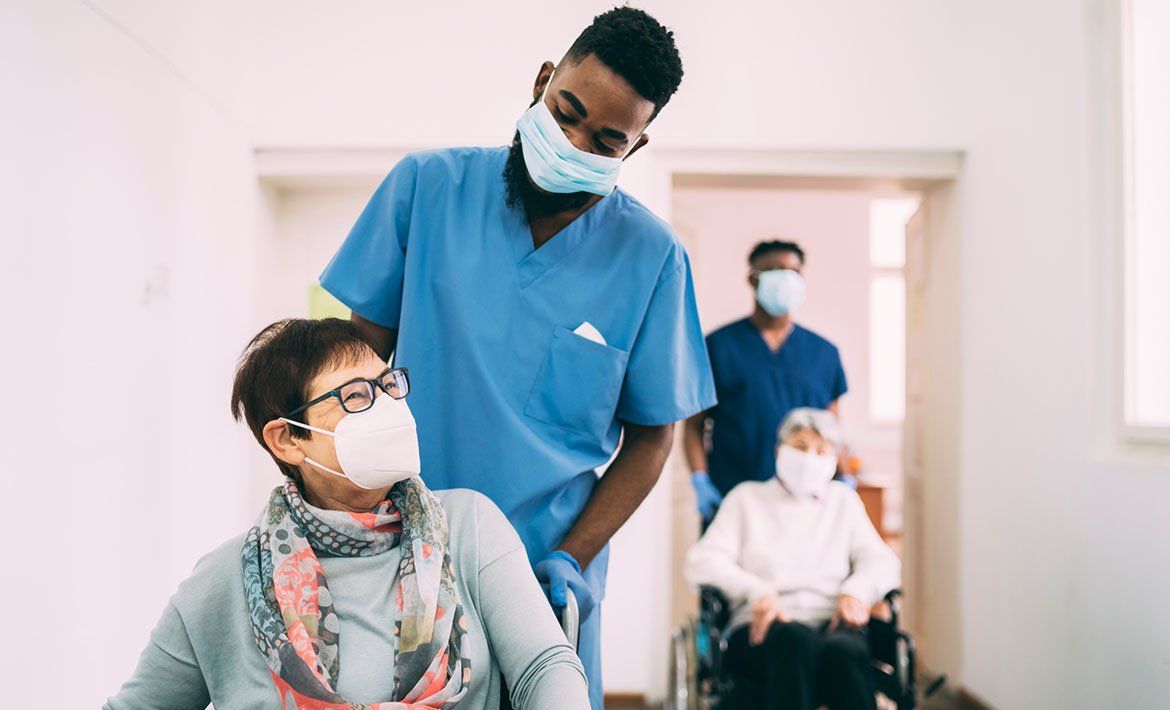COVID-19
FAQ
for
Ashlen
Staffing Solutions

Ashlen Staffing Solutions proudly helps healthcare workers with or without the COVID-19 vaccine. We understand there are many reasons a person may or may not opt into the vaccine. We do our best to find facilities looking for your specialty and in your desired area. Below are some common questions we receive. For additional questions, don't hesitate to get in touch with us today!
-
Do I have to be vaccinated to join Ashlen Staffing Solutions?
Yes, the current states Ashlen Staffing operates in require healthcare professionals to be vaccinated. As we increase our portfolio will advise on the state requirements for each assignment.
-
How do I schedule your COVID-19 vaccines?
To find a COVID-19 vaccine or booster: Search https://www.vaccines.gov/, text your ZIP code to 438829, or call 1-800-232-0233 to find locations near you.
-
What are the Work Restrictions for me if I’m infected with SARS-CoV-2?
COMING SOON
-
Can I Choose To Wear Respirators When Not Required By The Employer?
In situations where the use of a respirator is not required either by the employer or by an Occupational Safety and Health Administration (OSHA) standard, the employer may still offer filtering facepiece respirators or permit employees to use their own respirators as long as the employer determines that such respirator use will not in itself create a hazard. This is considered voluntary use under the Respiratory Protection Standardexternal icon. CDC encourages employers to permit workers to voluntarily use filtering facepiece respirators like N95s. If an employer allows voluntary use of filtering facepiece respirators, the employer must provide users with 29 CFR 1910.134 Appendix D – Information for Employees Using Respirators When Not Required Under the Standard. See 29 CFR 1910.134(c)(2) for additional requirements applicable to voluntary respirator use.
Healthcare personnel, both paid and unpaid, should be allowed to bring their own highly protective masks (such as N95 respirators) as long as the mask does not violate the facility’s safety and health requirements. They should not be asked to remove their more protective source control device (a well-fitting N95 respirator, for example) for a less protective device (such as a procedure mask) unless the mask or respirator is visibly soiled, damaged, or hard to breathe through. However, devices brought from home may not be appropriate for protecting healthcare personnel from all job hazards, and they should change to recommended personal protective equipment when indicated (for instance, before entering the room of a patient managed with Transmission-Based Precautions). Learn more about the types of masks and respirators and infection control recommendations for healthcare personnel. (Info at https://www.cdc.gov/coronavirus/2019-ncov/hcp/faq.html)
-
What are Restrictions for asymptomatic HCP with SARS-CoV-2 if I’m vaccinated?
Conventional – No work restrictions, with negative test on days 1, 5, and 7
Contingency – No work restriction
Crisis- No work restriction
-
What are Restrictions for asymptomatic HCP with SARS-CoV-2 if I’m unvaccinated?
Conventional – 10 days OR 7 days with negative test.
Contingency – No work restriction with negative tests on days 1,2,3,5-7 (if shortage of test prioritizes Day 1 to 2 and 5-7)
Crisis- No work restrictions (test if possible)
-
How should isolation and quarantine recommendations be applied to outpatients and visitors in healthcare settings?
Healthcare facilities should generally refer to the isolation and quarantine recommendations for patients when making decisions about visitation, non-urgent in-person appointments, and the recommended precautions that should be implemented to accommodate visits.
Outpatients and visitors who are infected with SARS-CoV-2
It is safest to defer non-urgent, in-person care and visitation until the outpatient/visitor has met the same criteria to discontinue Transmission-based Precautions that are applied to patients in a healthcare setting. If visitation or an in-person outpatient visit is allowed for a person who has not met criteria to discontinue Transmission-based Precautions, then facilities should follow healthcare infection prevention and control recommendations for people with suspected or confirmed SARS-CoV-2 infection.
Outpatients and visitors who have had close-contact with someone with SARS-CoV-2 infection and are not up to date with all recommended COVID-19 vaccine doses
It is safest to defer non-urgent, in-person care and visitation until the outpatient/visitor has met the same criteria to discontinue empiric Transmission-Based Precautions (quarantine) that are applied to patients in a healthcare setting. Although CDC does provide an option for inpatients who remain asymptomatic to discontinue their quarantine after 7 days, provided they have a negative test within 48 hours, outpatients and visitors should consider postponing their non-urgent, in-person appointment or visit until 10 days have passed since their close contact. If visitation or an in-person outpatient visit is allowed for a person who has not met these criteria, then facilities should ensure visitors use well-fitting source control and (to the extent possible) physically distance from others while in the facility and that healthcare personnel care for patients using precautions recommended for patients with suspected or confirmed SARS-CoV-2 infection.
Outpatients and visitors who have had close-contact with someone with SARS-CoV-2 infection and are up to date with all recommended COVID-19 vaccine doses or who have recovered from SARS-CoV-2 infection in the prior 90 days
In general, CDC does not currently recommend quarantine following close contact with someone with SARS-CoV-2 infection if someone is up to date with all recommended COVID-19 vaccine doses or has recovered from SARS-CoV-2 infection in the prior 90 days. However, it is recommended that these people avoid contact with people who are at high risk for severe outcomes for the 10 days following their exposure. As it may not be possible to avoid contact with people at high risk for severe outcomes in a healthcare setting, it is safest to defer non-urgent in-person appointments and visitation until the outpatient/visitor has met criteria to discontinue quarantine in a healthcare setting as described above. If visitation or an in-person outpatient visit is allowed for a person who has not met these criteria, then facilities should ensure these individuals wear well-fitting source control and (to the extent possible) physically distance from others while in the facility.
IF YOU HAVE MORE QUESTIONS, PLEASE CONTACT US TODAY!
